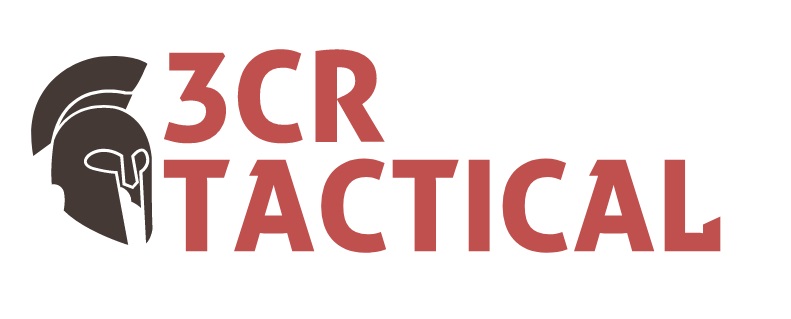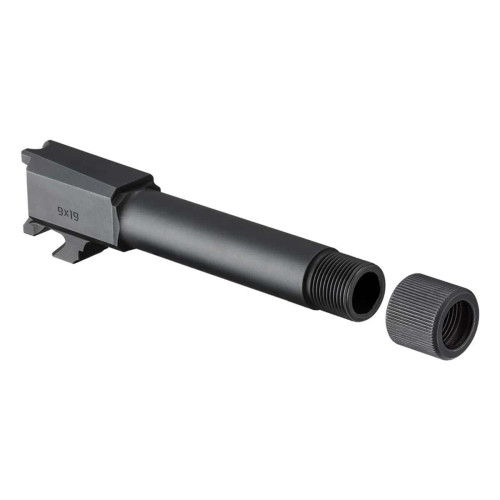If you’re a firearm enthusiast or a professional shooter, you may have come across the term “threaded barrel.” Threaded barrels have gained popularity in recent years, particularly among those interested in customization and versatility. But what exactly is a threaded barrel, and is it worth investing in one for your firearm? In this article, we’ll explore the pros and cons of threaded barrels to help you make an informed decision.
Understanding Threaded Barrels
What is a Threaded Barrel?
A threaded barrel is a firearm barrel with external threads at the muzzle end. These threads allow you to attach various muzzle devices, such as suppressors, compensators, or muzzle brakes. The threaded design enables the secure and easy attachment of these accessories, adding functionality and versatility to your firearm.
Thread Patterns
Threaded barrels come in different thread patterns, with the most common being 1/2×28 (for 9mm and .22 caliber firearms) and 5/8×24 (for larger calibers like .308 and .300 Blackout). It’s crucial to ensure that the threaded barrel you choose matches the thread pattern of the muzzle devices you intend to use.
The Pros of Threaded Barrels
1. Muzzle Device Compatibility
One of the significant advantages of threaded barrels is the ability to use a variety of muzzle devices. If you’re a fan of suppressed shooting or want to reduce recoil and muzzle rise with a compensator, a threaded barrel provides the necessary attachment point for these accessories.
2. Reduced Recoil and Muzzle Rise
Muzzle devices like compensators and muzzle brakes can significantly reduce recoil and muzzle rise during shooting. This results in faster follow-up shots and improved overall shooting performance.
3. Sound Suppression
For those interested in shooting with a suppressor (also known as a silencer), a threaded barrel is a must. A suppressor can greatly reduce the noise produced by a firearm when properly attached to a threaded barrel, making shooting more enjoyable and less disruptive to others.
4. Customization Options
Threaded barrels offer customization opportunities for firearm enthusiasts. The ability to switch between different muzzle devices provides a way to fine-tune your firearm for various shooting scenarios or personal preferences.
5. Increased Versatility
With a threaded barrel, you can transform your firearm to suit different shooting needs. Whether it’s for tactical training, competition shooting, or recreational use, the versatility offered by a threaded barrel enhances your shooting experience.
The Cons of Threaded Barrels
1. Cost
Threaded barrels are typically more expensive than standard non-threaded barrels. Additionally, if you plan to use muzzle devices like suppressors or compensators, the cost of these accessories can add up quickly.
2. Increased Barrel Length
The addition of a threaded muzzle may increase the overall length of the barrel slightly. This can affect the balance and handling of the firearm, especially in compact or concealed carry models.
3. Potential Damage to Threads
Repeatedly attaching and detaching muzzle devices can wear out the threads over time. It’s essential to handle the threading process carefully to avoid damaging the barrel’s threads and compromising the attachment of muzzle devices.
A threaded barrel offers firearm enthusiasts increased versatility, customization options, and the ability to use various muzzle devices like suppressors and compensators. Whether a threaded barrel is worth it for you depends on your shooting preferences, budget, and the intended use of your firearm. If you value customization and want to explore different shooting experiences, a threaded barrel is undoubtedly a valuable addition to your firearm collection. However, if you rarely use muzzle devices or are on a tight budget, a standard non-threaded barrel may suffice for your needs. As with any firearm modification, be sure to comply with all local laws and regulations regarding threaded barrels and muzzle devices.


